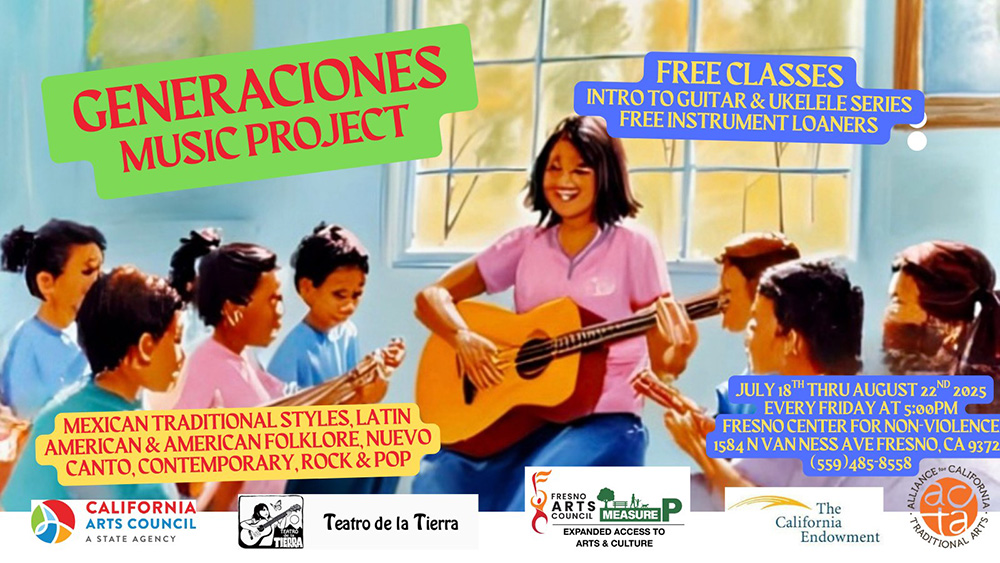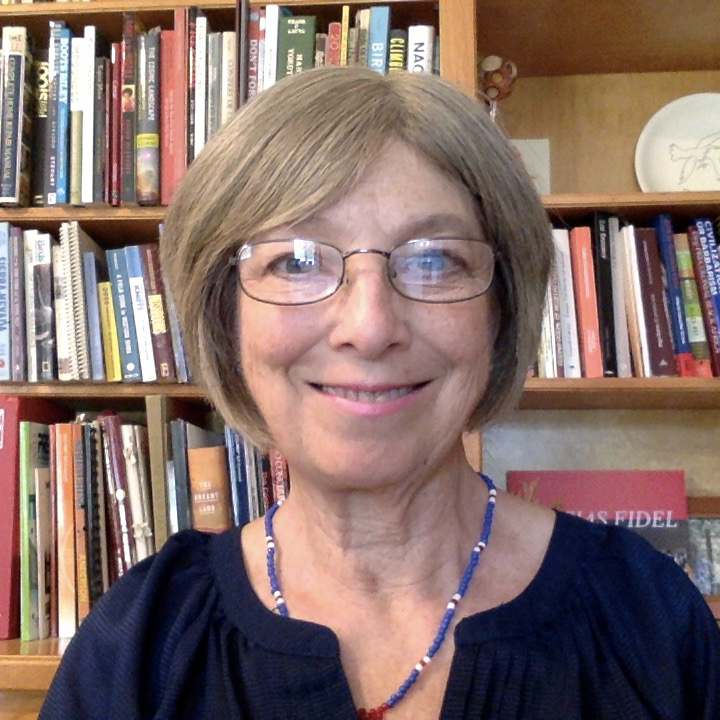
Agustín Lira will be inducted into the Valley Music Hall of Fame on Sept. 17. It is not the first honor for the singer-songwriter-organizer-director, who has previously been honored as a National Endowment for the Arts National Heritage Fellow and offered a recording contract by the Smithsonian.
He gives the impression that honors are welcome but that his main motive is educating, reaching and moving his hearers, just as when, as a young man, he joined the farmworkers’ organizing struggle in 1965, wrote songs that are immortal memories of that struggle and co-founded the famous Teatro Campesino.
Lira was born in Torreón, Coahuila, Mexico, because his family was one of many who was caught up in indiscriminate roundups of Mexicans and Mexican-Americans in the 1930s—immigrants and U.S. citizens alike.
Sound familiar? Here’s some history they forgot to teach us in school: The Great Depression was exploited by right-wing politicians and general racists to increase anti-immigrant feelings and actions. Between one million and two million Mexicans and Mexican-Americans were deported from 1929 to 1939. About half of those deported were U.S. citizens.
Lira’s family were all U.S. citizens born in Lordsburg, N.M., except his grandmother. They were deported anyway. Later in the decade, they returned from a visit to Juarez and the U.S. authorities discovered that his uncles Gumersindo and José were citizens after all—just in time to draft them into the U.S. Army for World War II.
José was a war hero, fighting at the Battle of Corregidor in the Philippines, then forced into the Bataan Death March and in a Japanese prison camp for two years, experiences that damaged him for life. But war hero status didn’t count for anything compared to Texas racist policies, where Mexican descendants were not permitted to go into white stores or be buried in white cemeteries.
Lira’s two most recent songs are “The Cage” and “The Mushroom Cloud.”
“The memories of what happened in the past compared with what’s going on today—that’s where I get it from, the feeling to not be quiet, to speak out about these things,” Lira says.
“Turn on the radio, the TV, look at the Internet, and what do you see? We’re going to wipe you out with nuclear weapons, we have them, we intend to use them.
“What I wrote is a love song, set in these times, privy to all the inconsistencies that come with this time. We are spied on, lied to, and every day we are threatened.
“Then they’re taking the funding out of the needs of this country to make the military even stronger, so they can come and suppress us even more, with their immigration raids.
“So to me both songs fit together, they talk to each other.”
Over the past more than 40 years, Lira and Patricia Wells-Solorzano have been partners in life and in teaching music and theater, here in Fresno, communities, forming musical ensembles, creating theatrical plays and performing extensively. As “Alma,” they have recorded albums with various labels, and they have traveled nationwide and internationally, including visits to perform in Mexico and Cuba. They are still dedicated to this work, and you can participate.
How did this distinguished career of music and theater for the people start, all those years ago in Delano with the United Farm Workers (UFW)? “I was homeless; I saw an announcement that the union was looking for full-time volunteers—this is 1965, two weeks after the strike started. I had no idea what a strike was, but I didn’t have a job where I was, and I didn’t have any money…I didn’t have any money either when I got to Delano.”
Full-time UFW volunteers were given a place to stay, fed and provided with $40 a month for all other expenses. “About three weeks or a month later, Luís Valdez showed up and we started talking and working to make the Teatro Campesino, hustling, trying to find people.”
The actos performed by Teatro Campesino were both organizing tools and art, and the songs that helped define the “Grape Strike” and the whole Chicano movement came from that beginning. It was the Nueva Trova period, and there was a lot of great songwriting throughout Latin America, and the Caribbean, as well as in the United States.
Songs like “Quihubo Raza” and “La Peregrinación,” written and performed by Lira, are in the top rank even of this amazingly creative period.
Lira is here with us now, and we honor him, but the most important thing to do is to listen to the songs.
See the links below to hear these songs and others:
https://distrokid.com/hyperfollow/agustnlira/the-cage
https://distrokid.com/hyperfollow/agustnlira/the-mushroom-cloud
For some of the older songs:

Music Project
The Generaciones Music Project has begun an introductory course on how to play the guitar, the baritone ukulele or sing, using Mexican traditional styles, Latin American folklore and contemporary popular music.
The classes are free and there are loaner instruments—first come, first served. The course is led by the project director and artist/instructor Patricia Wells. Two other advanced musicians will also teach, Dhalia Vasquez and Rosemary Montes. The classes are taught in English and Spanish. Students ages seven through seniors are welcome.
The class takes place each Friday at 5 p.m. at the Fresno Center for Nonviolence. For more information, contact 559-485-8558.

